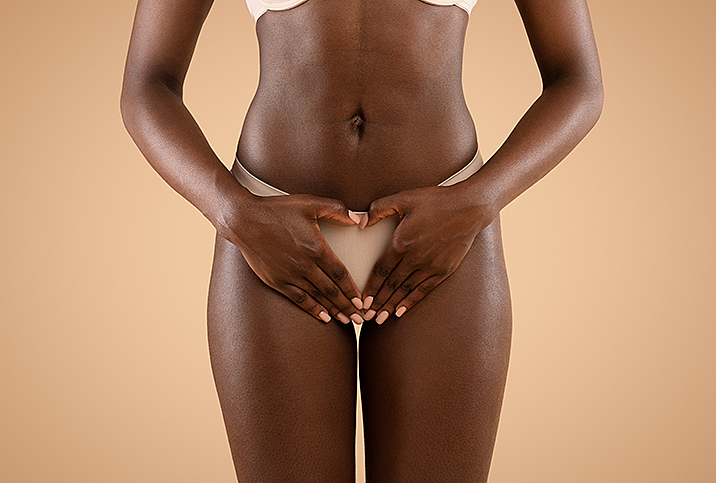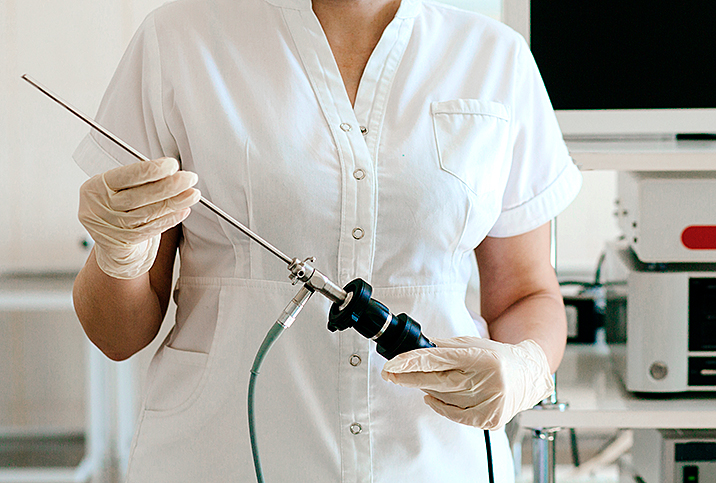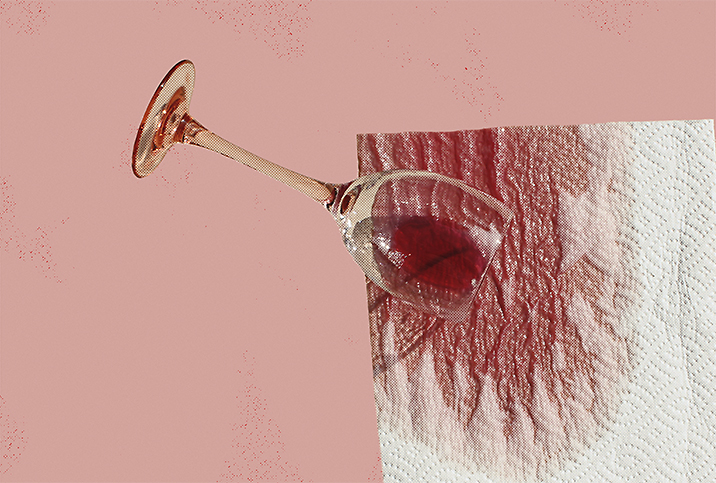When Should You Be Concerned About Ovulation Bleeding?

Picture this: You're minding your business, going about your day and suddenly, there's a bit of blood in your underwear. You know it's not time for your period because it's the middle of your cycle, so what gives? Maybe you don't have to imagine it because you're one of the estimated 5 percent of women who experience mid-cycle bleeding, known as ovulation bleeding.
Fortunately, ovulation bleeding isn't typically a cause for concern, but you should learn more about the condition, how to identify it and why it happens.
Ovulation basics
First, let's recap a little about ovulation. Ovulation is when one of your ovaries releases an egg. Although every woman is different, it usually happens around 10 to 16 days before the start of your next period.
If you are trying to work out when you ovulate, you can track your periods and take note of the following:
- Your cervical mucus, which becomes clearer, more slippery and increases in volume during ovulation (it looks like egg whites).
- Your basal body temperature changes. There is a slight dip in temperature before ovulation followed by a sharp increase after ovulation which stays for a few days.
Some women experience very mild pain (usually on one side) when ovulating, and a small number may also have some light bleeding (ovulation bleeding). Any light bleeding that occurs outside of your period is known as spotting.
The causes of ovulation bleeding
Ovulation bleeding occurs because of a slight dip in estrogen levels right after ovulation, explained Sara Twogood, M.D., a board-certified OB-GYN in Los Angeles and co-founder of Female Health Education and the online magazine Female Health Collective.
Before the onset of ovulation, estrogen levels increase, then decline post-ovulation, and progesterone levels increase rapidly, added Kecia Gaither, M.D., M.P.H., director of perinatal services at NYC Health + Hospitals/Lincoln in the Bronx in New York City. "This quick fluctuation of hormones during ovulation is what leads to ovulation bleeding."
These hormonal fluctuations are a normal, expected part of the menstrual cycle, Twogood said.
"If someone has spotting or bleeding because of this normal hormonal fluctuation, it's not concerning," Twogood added.
However, Twogood emphasized that if you experience spotting and don't know what it is, you should always consider other causes—and consult your medical provider if you have concerns.
According to Gaither, hallmarks of ovulation bleeding include:
- It occurs around the time you think you will be ovulating.
- It happens at the same time each month.
- It stops of its own accord within a few days.
- It is not heavy and only light spotting.
- It is light in color (pale pink).
"If it consistently occurs around the time of ovulation and no other time of the month, the suspicion is higher that it is ovulation bleeding," Twogood said.
Ovulation bleeding is entirely normal and nothing to worry about. She advised that keeping a journal or log of spotting or mid-cycle bleeding can be helpful to determine if it's ovulation bleeding.
"However, if spotting occurs erratically, after sex or has other symptoms, like pain or vaginal discharge, a deeper evaluation is warranted," Twogood added.
When you should see a doctor
Gaither advised there can be other causes of intermenstrual bleeding, such as:
- Infection, particularly sexually transmitted infections such as gonorrhea or chlamydia
- Anovulatory cycles (menstrual cycles where you do not ovulate)
- Thyroid, liver or kidney disease
- Pituitary gland diseases
- Polyps
- Myomas
- Cancer of the uterus or cervix
- Implantation bleeding
- Pregnancy or ectopic pregnancy
- Medications, including hormonal contraceptives
"It's best to see your physician if you are experiencing intermenstrual bleeding," Gaither said.
A doctor can help you determine the root cause. It can also be difficult to pinpoint ovulation bleeding if you have irregular cycles. If your periods are irregular or you notice any changes in your menstrual cycle, it's always wise to talk to a doctor.


















